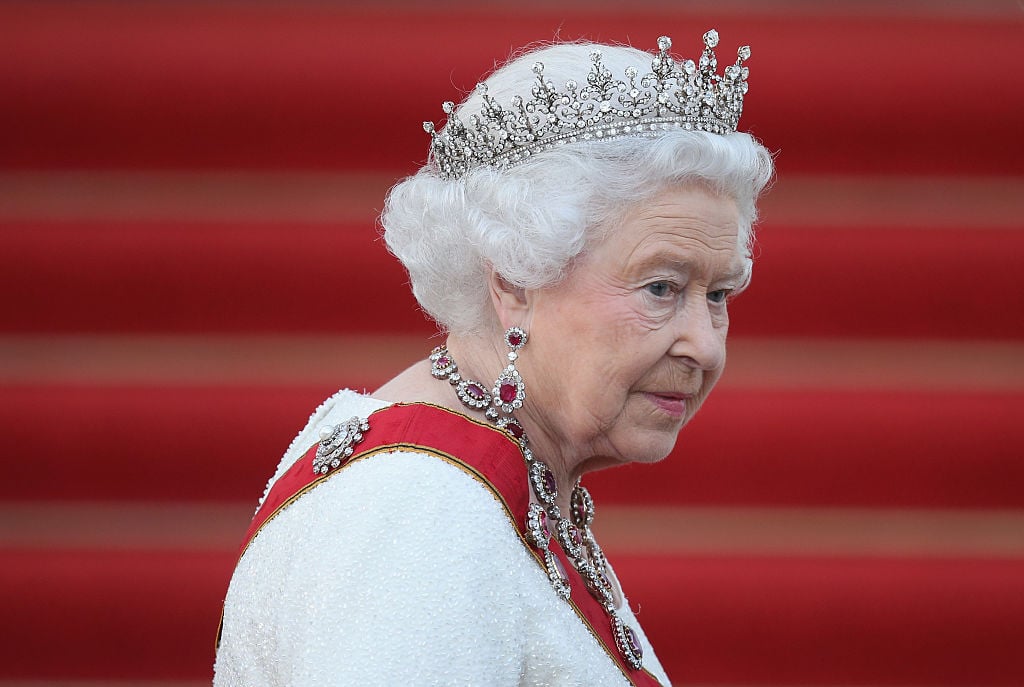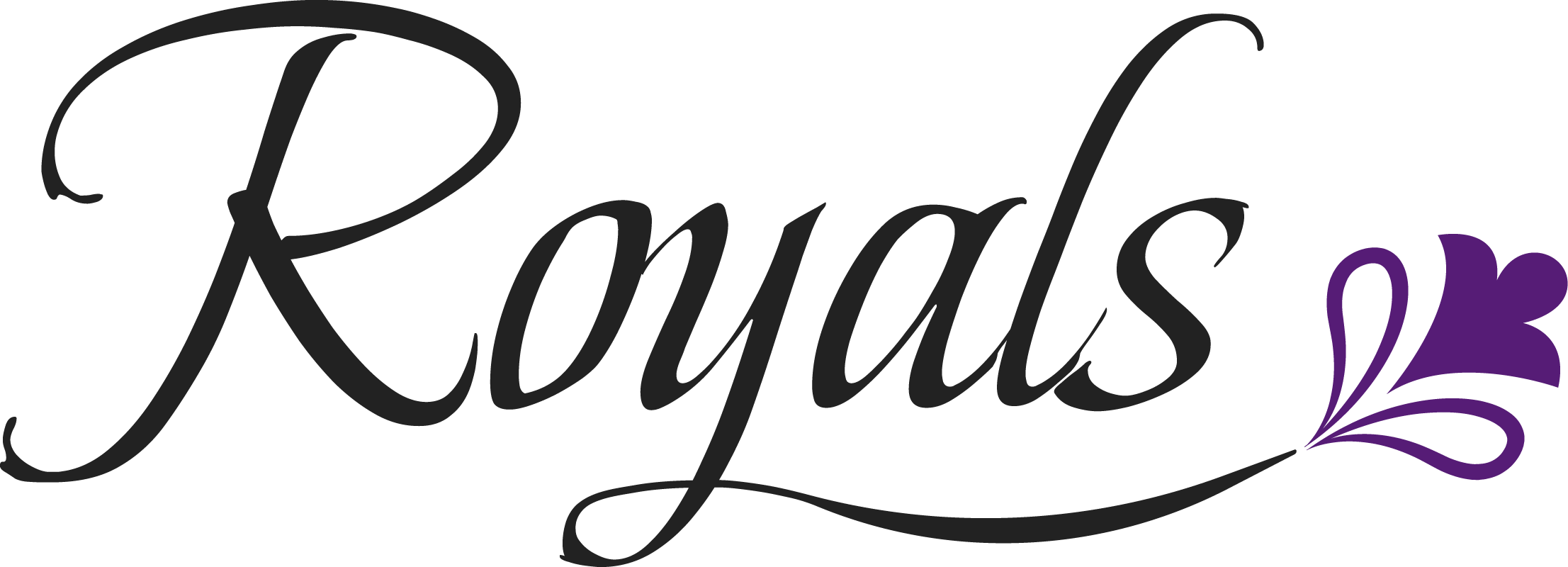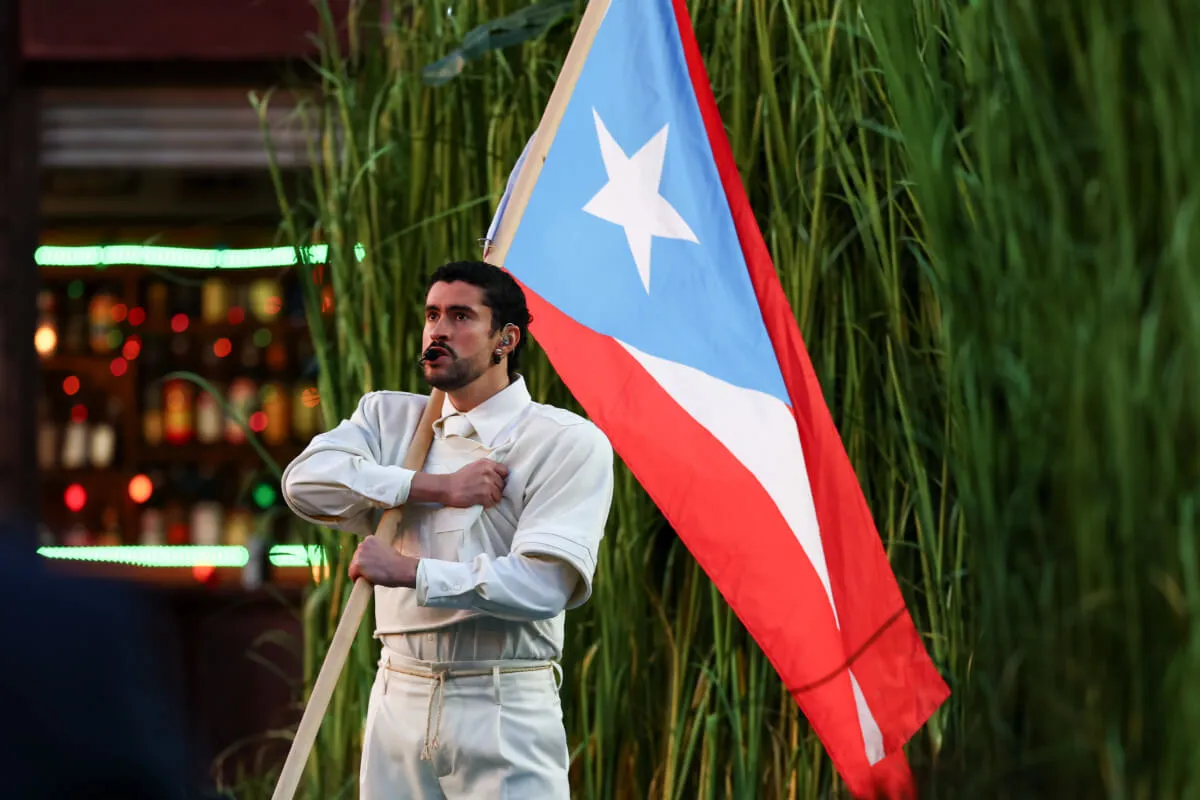Is Queen Elizabeth More Powerful Than Britain’s Prime Minister? Find Out Where the Monarch Ranks in the Democracy
As the reigning monarch of the United Kingdom, Queen Elizabeth II cannot be prosecuted for any crime, because all laws in England are carried out in her name. Reigning is not the same as ruling, however. That duty falls to the prime minister who, incidentally, can be prosecuted if he or she commits a crime. So, who is more powerful? The queen or the prime minister? The answer may surprise you.
The girl who would be queen
The queen was born Elizabeth Alexandra Mary Windsor to Prince Albert, Duke of York and Elizabeth Bowes-Lyon, the Duchess of York, on April 21, 1926. At the time of her birth, Queen Elizabeth‘s grandfather, King George, was king, and her father was second in line for the throne behind his older brother, Edward.
When Queen Elizabeth’s grandfather passed away in 1936, her uncle Edward ascended to the throne. His reign didn’t last for long, though.
Less than one year after becoming king, then-King Edward abdicated in order to marry a divorced American socialite named Wallis Simpson. Because Edward had no children, the crown went to Queen Elizabeth’s dad who adopted the regnal name of George VI to honor his late father, reports Mental Floss.
As a youngster, the girl nicknamed Lilibet had no idea she would someday become England’s longest-reigning monarch. When her father ascended to the throne, she became heir presumptive. When he died in 1952, 27-year old Elizabeth was coronated and everything changed.
Royal power: What the queen can and cannot do
Prior to the issuance of the Magna Carta in 1215, the ruling monarch held absolute power over his or her subjects. Once King John affixed his seal to the historic document, the people of England gradually gained more rights as the power of the monarchy became more limited, explains Encyclopedia Britannica.
Powers held by the reigning monarch are known as the ‘royal prerogative’ and encompass a range of executive privileges. Though rarely used (Her Majesty’s appointed ministers tend to most issues) the queen wields the power to summon or suspend Parliament, issue and rescind passports, and even declare war.
The queen may commission (or remove) military officers as well as create a hereditary peerage for anyone of her choosing, explains Culture Trip. She can even drive without a license.
As a reigning queen, Queen Elizabeth may appoint or dismiss a prime minister, but she cannot vote nor can she ever be arrested. She may not change the line of succession to the throne, and she can not belong to any religion but the Church of England.
British politics in a nutshell
The constitutional monarchy of the United Kingdom operates under a bicameral, or two-chambered parliamentary system. The so-called lower house is the House of Commons filled with elected members known as members of parliament or MPs.
The prime minister is the principal governmental member of the House of Commons. The upper side of parliament is the House of Lords with its appointed and hereditary members, some of whom are parliamentary members for life, explains Reference.
The third branch of British rule is governmental. The Government is responsible for enacting laws passed by Parliament and also manages education, healthcare, and domestic issues. Day-to-day business such as the armed forces and police are overseen by MPs, and the whole shebang is presided over by the prime minister, or PM.
Boris Johnson, appointed by Queen Elizabeth in 2019, is PM, and it is his job to chair cabinet meetings and direct both legislative and executive branches of government. The PM works in concert with a chancellor to oversee the nation’s taxation and spending policies and may appoint ministers to parliament. The PM answers questions in parliament and holds regular meetings with the queen for her guidance and advice.
So, who is more powerful, the queen or the prime minister?

Queen Elizabeth’s constitutional monarchy extends to 16 different countries, including Australia, the Bahamas, Canada, and New Zealand. Other countries that are constitutional monarchies with kings or queens who wield limited power include Japan and Sweden.
As the British head of state, Queen Elizabeth has the right to be consulted, the right to encourage, and the right to warn, but she is required to act on the advice of her governors, even when she disagrees with them. She does, however, retain the absolute right to veto any legislation she deems unfit.
She can also fire the prime minister, and he can’t do the same to her, so it seems that when all things are taken into consideration, the queen is more powerful than the prime minister.



